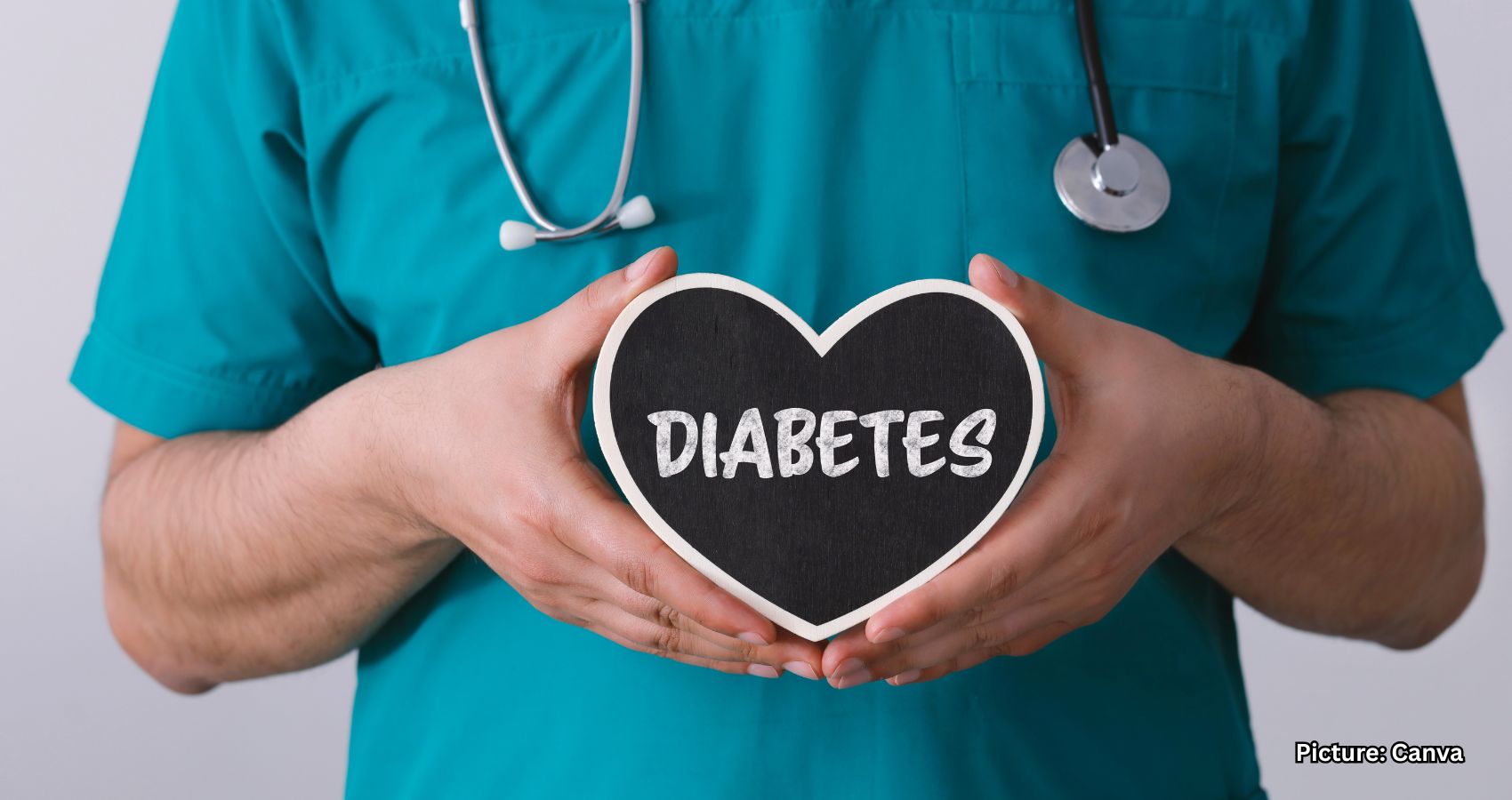Nearly half of the 1.3 billion adults living with diabetes worldwide are undiagnosed, highlighting a significant public health crisis, particularly among young people and in low-income regions.
Researchers are sounding the alarm over a looming diabetes crisis, revealing that nearly half of the 1.3 billion adults affected by the disease are unaware of their condition. This lack of diagnosis leaves millions at risk for serious health complications.
A comprehensive study published in the journal The Lancet Diabetes & Endocrinology analyzed data from over 200 countries between 2000 and 2023. The research focused on how effectively health systems identify, treat, and manage diabetes, examining the rates of undiagnosed cases, untreated individuals, and those receiving suboptimal care.
According to the findings, approximately 44% of individuals aged 15 and older with diabetes remain undiagnosed. Tanya Freirich, a registered dietitian nutritionist based in North Carolina, emphasized the challenges in early detection. “Many people would not have signs or symptoms until their diabetes is very advanced, and many people are not going to the doctor often or at all for lab work,” she explained, although she was not involved in the study.
While about 91% of diagnosed patients receive medication, fewer than half manage to achieve optimal blood sugar control. This statistic indicates that only about one in five people globally are effectively managing their diabetes.
Young individuals are particularly vulnerable, facing significant long-term health risks such as heart disease, kidney failure, blindness, and nerve damage due to undiagnosed diabetes. The study highlights the urgent need for increased awareness and proactive health measures among younger populations.
Geographical factors also play a crucial role in diagnosis rates. In wealthier nations like the United States and Canada, diagnosis rates are higher, but challenges persist in the long-term management of the disease. Conversely, in lower-income regions, particularly in parts of sub-Saharan Africa, fewer than one in five individuals with diabetes are aware of their condition.
Lauryn Stafford, the lead author of the study and a researcher at the Institute for Health Metrics and Evaluation at the University of Washington, stated that these alarming statistics should prompt action from governments and health systems worldwide. “By 2050, 1.3 billion people are expected to be living with diabetes, and if nearly half don’t know they have a serious and potentially deadly health condition, it could easily become a silent epidemic,” she warned in a press release.
The study also indicates that current treatment methods often fall short. Merely prescribing medication is insufficient for blood sugar control. Researchers advocate for a more holistic approach that includes monitoring, education, and lifestyle support to effectively manage diabetes.
For individuals with prediabetes, early intervention and moderate lifestyle changes can help return blood glucose levels to a normal range, potentially preventing or delaying the onset of type 2 diabetes, according to the American Diabetes Association.
Experts acknowledge the difficulty in accurately estimating the number of undiagnosed individuals. “Those are data points that are unable to be confirmed until diagnosed,” Freirich noted. “While I do not doubt the accuracy of the tool used in the study, there may be unknown factors that are not included in the model.”
Freirich recommends that everyone undergo regular health check-ups. She also highlights the importance of dietary choices, suggesting that increasing fiber intake through whole, unprocessed, plant-based foods, such as vegetables and nuts, along with maintaining consistent physical activity, can help reduce the risk of diabetes and assist in regulating blood sugar levels.
As the global diabetes crisis unfolds, the need for increased awareness, early diagnosis, and comprehensive management strategies has never been more critical.
Source: Original article

